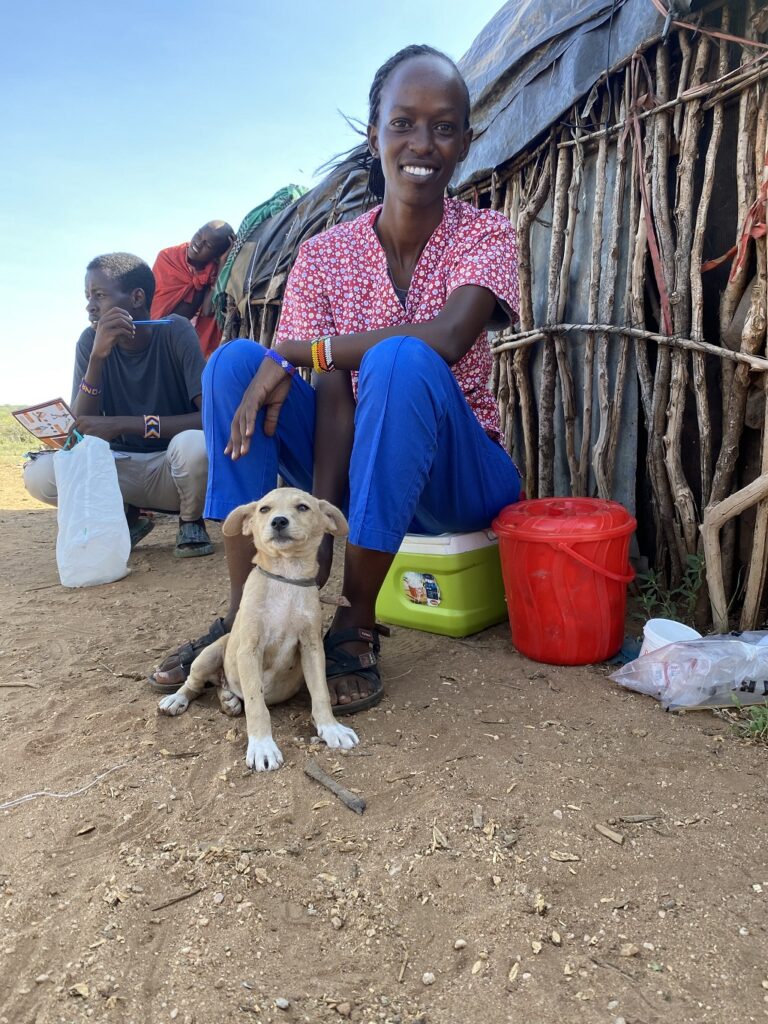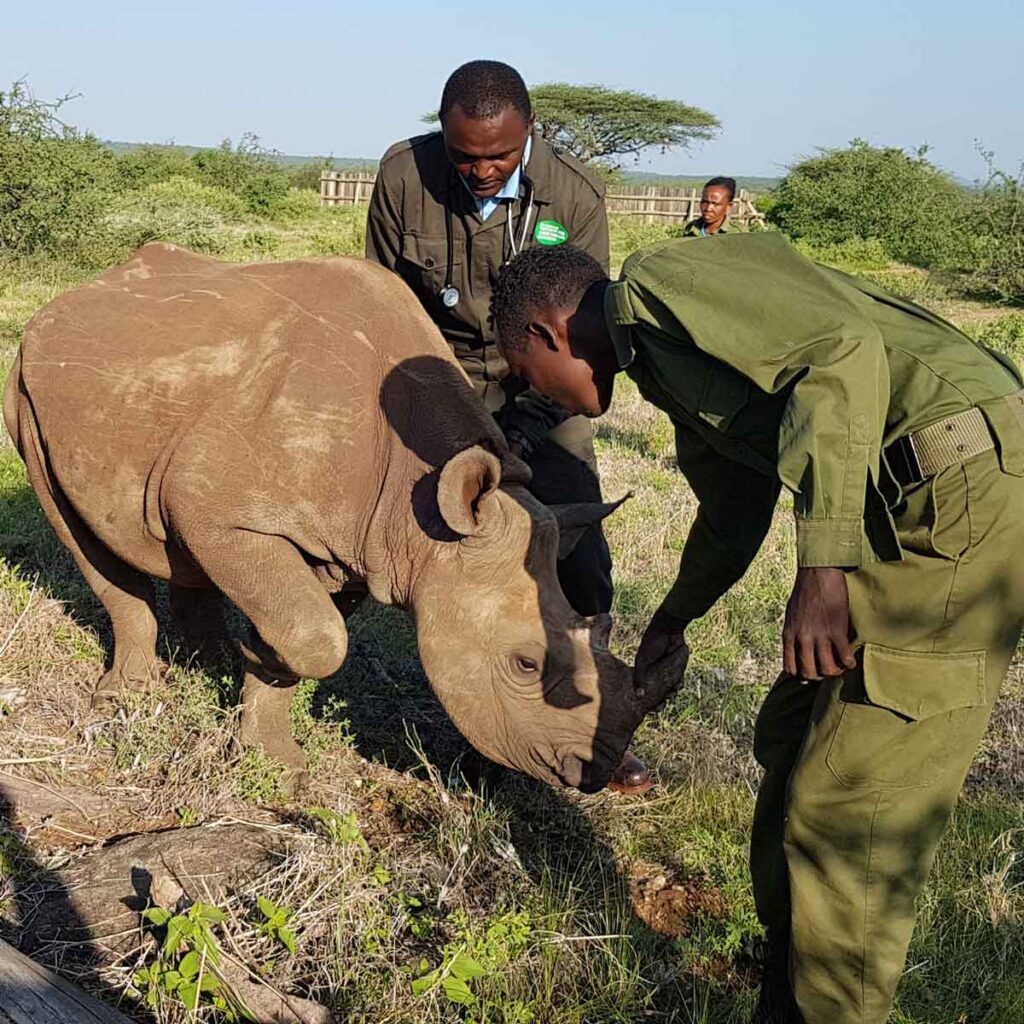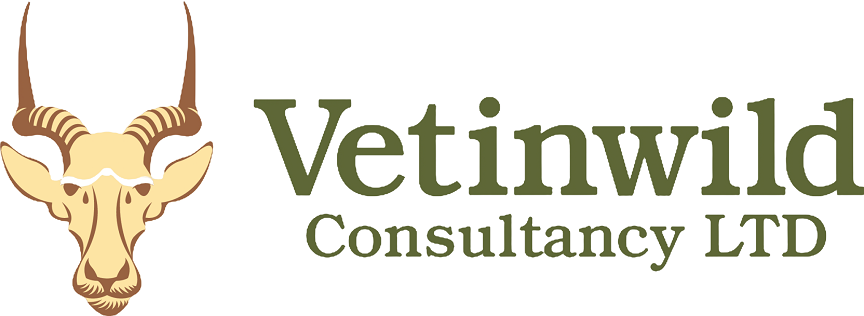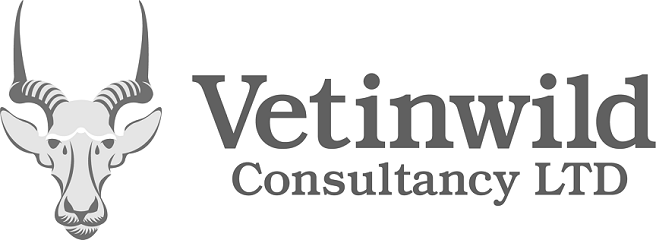BusinessCommunity Animal Health
We conduct community vaccination drives, disease surveillance and treatment and community education on zoonotic diseases.
Our Community Animal Health Initiative (CAHI)
The rapidly growing human population has resulted in communities living in much closer contact with wild animals, in addition to domestic animals. This increase in interaction presents the danger of diseases being transmitted between animals and people. Our CAHI program, implemented in partnership with Ewaso Lions and Animal Care Centre, seeks to mitigate this.
The initiative brings veterinary services closer to communities, attending to over 250 animals (dogs, camels, cats, donkeys, goats and sheep). We have handled varied cases, including clinical cases, population control and vaccinations.
Our community animal health program has four focus areas
Disease management
We implement preventative measures, such as domestic dog vaccination, to keep humans and wild carnivores free of rabies.
Disease surveillance
We monitor the general health of the animals at the domestic and wildlife interface.
Animal health
We facilitate emergency treatments of domestic animals attacked by wild animals. This greatly helps in building improved tolerance of wildlife conservation by communities.
Community education
We organise community awareness forums where we engage the local community on the emerging and remerging zoonotic diseases in the area.
Program highlights
CAHI strives to provide sustained vaccinations against rabies and canine distemper virus diseases in domestic dogs for public health benefits and preventing disease spillover to wildlife species.
The initiative also tackles cases of cat flu in domestic cats and although camels are not a primary target for vaccinations, they receive rabies vaccinations when they are bitten by suspected rabid dogs or other camels.



